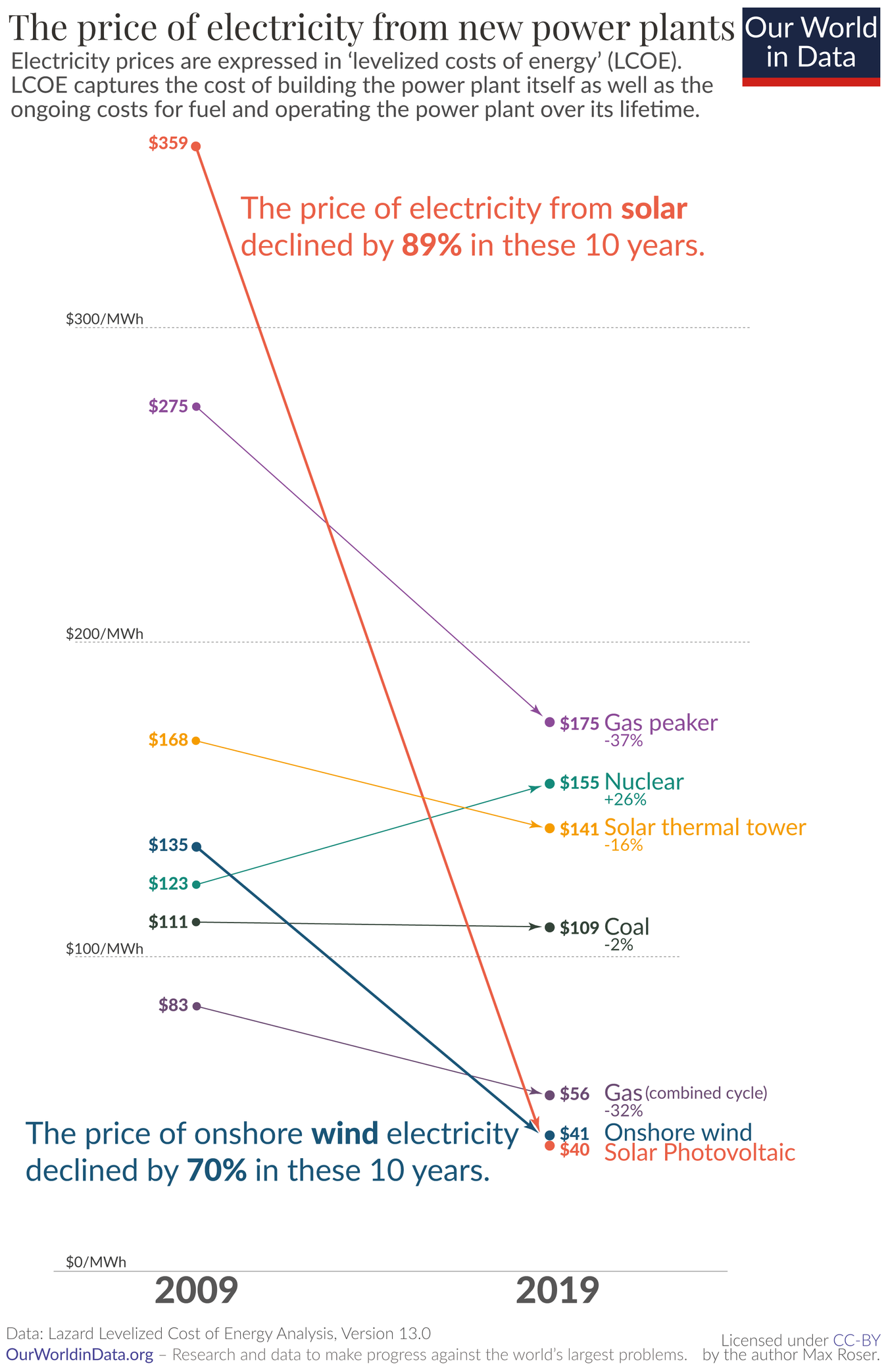Technology
This is the official technology community of Lemmy.ml for all news related to creation and use of technology, and to facilitate civil, meaningful discussion around it.
Ask in DM before posting product reviews or ads. All such posts otherwise are subject to removal.
Rules:
1: All Lemmy rules apply
2: Do not post low effort posts
3: NEVER post naziped*gore stuff
4: Always post article URLs or their archived version URLs as sources, NOT screenshots. Help the blind users.
5: personal rants of Big Tech CEOs like Elon Musk are unwelcome (does not include posts about their companies affecting wide range of people)
6: no advertisement posts unless verified as legitimate and non-exploitative/non-consumerist
7: crypto related posts, unless essential, are disallowed
view the rest of the comments

It is AN answer, but also not the only answer. Generating and moving power around is extremely complex and just seeing "Solar cheaper per Watt" and defining it as the best in all cases is silly. If you changed the axis to be size per MWh, then you would draw a totally different conclusion.
It was the answer. Now solar is so cheap that spamming panels and investing into ways to save the excess energy seems cheaper. By the time nuclear plants are done you're going to be at least 8 years into the future. Solar panels however are directly implementable. And even cheaper now.
Solar still doesn't work at all night, no matter how cheap it gets.
It's not very useful for most of Northern Europe and birth America during the winter months. Even if it was free you'd still need alternatives.
Renewables. Not solar.
8 years is a drop in the bucket when it comes to long term production.